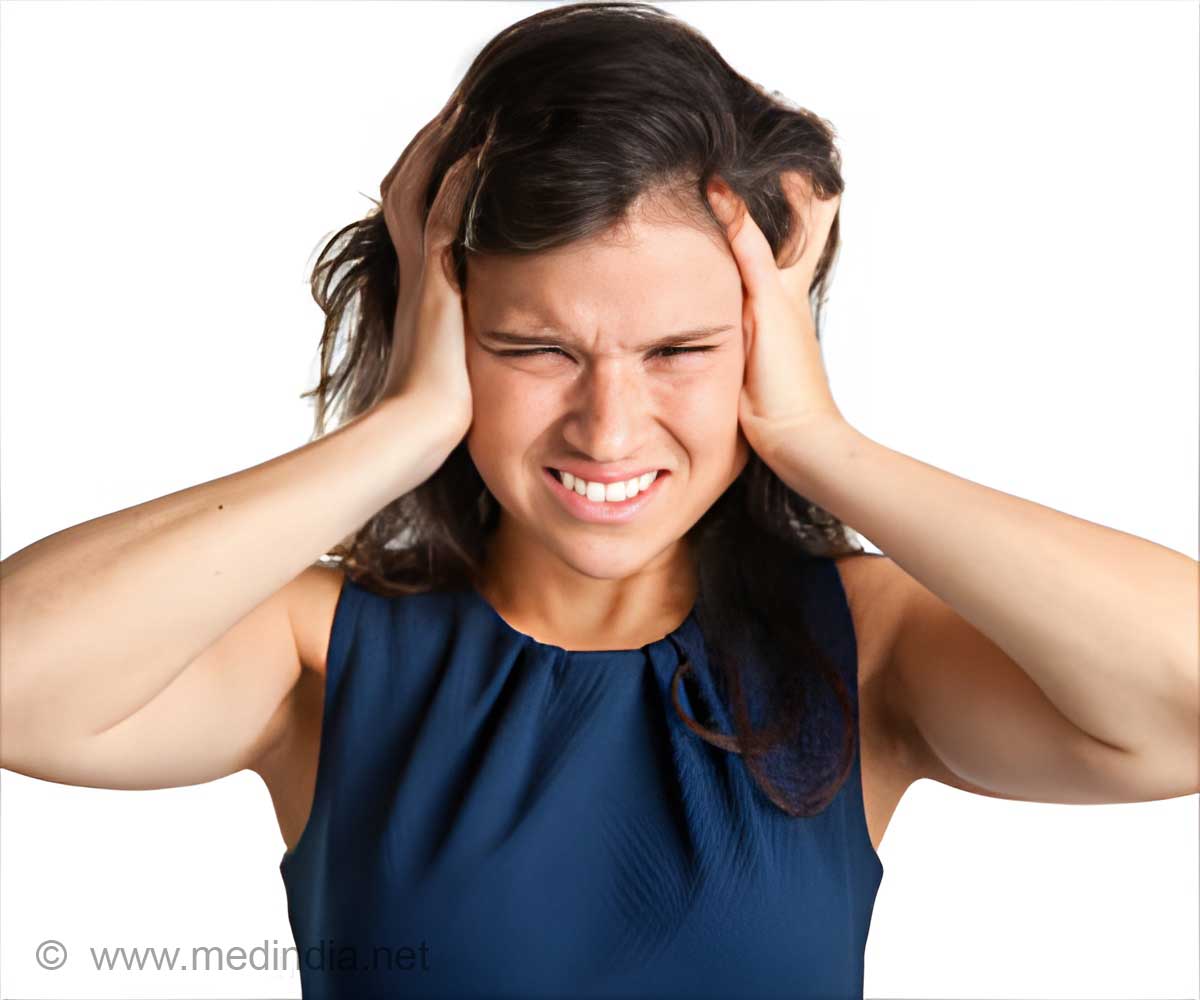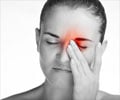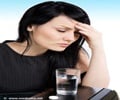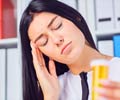Researchers from the University of Basel have concluded that the preventive pharmacological treatment of migraine is no more effective in children and adolescents.

‘The results of this study highlight the need for further research into migraine prophylaxis in young patients.’





Until now, the treatment of young patients has largely been based on adult studies, but it is questionable whether these prophylactic interventions in children and adolescents have a comparable effect. Moreover, it is suspected that the placebo effect is often more pronounced in the younger age group.Psychologists from the University of Basel have now taken part in an international collaboration to investigate which drugs are effective for migraine prophylaxis in children and adolescents. Previously, individual studies have compared one medication with another or with placebo. The aim of this systematic review was to summarize individual studies of this kind and to allow their comparison. Are the administered drugs more effective than placebos? And do any differences exist between these medications in terms of their efficacy and side-effects?
No long-term effects compared with placebo
As part of their network meta-analysis, the researchers analyzed 23 studies from the period between 1967 and 2018, with a total of more than 2,200 patients. Of these, about a quarter received placebo, while the remainder were treated with antiepileptics, antidepressants, calcium channel blockers, antihypertensive agents or food supplements.
The results show that relative to placebo, none of the tested medications could be demonstrated to have a significant long-term effect (five to six months or longer) on children and adolescents. Short-term improvements (less than five months) could only be identified for the active substances propranolol and topiramate.
"Our study therefore shows that the preventive pharmacological treatment of pediatric migraine with all these drugs is barely more effective than placebo," says Dr. Cosima Locher from the Faculty of Psychology at the University of Basel.
Advertisement
The Basel researchers' initial results suggest that this could pave the way for innovative treatment methods, taking into account the expectations of patients and their relationships with the treatment provider. This could then enhance the clinical effect of medication or allow it to be achieved without the use of drugs, according to the researchers.
Advertisement
Source-Eurekalert











